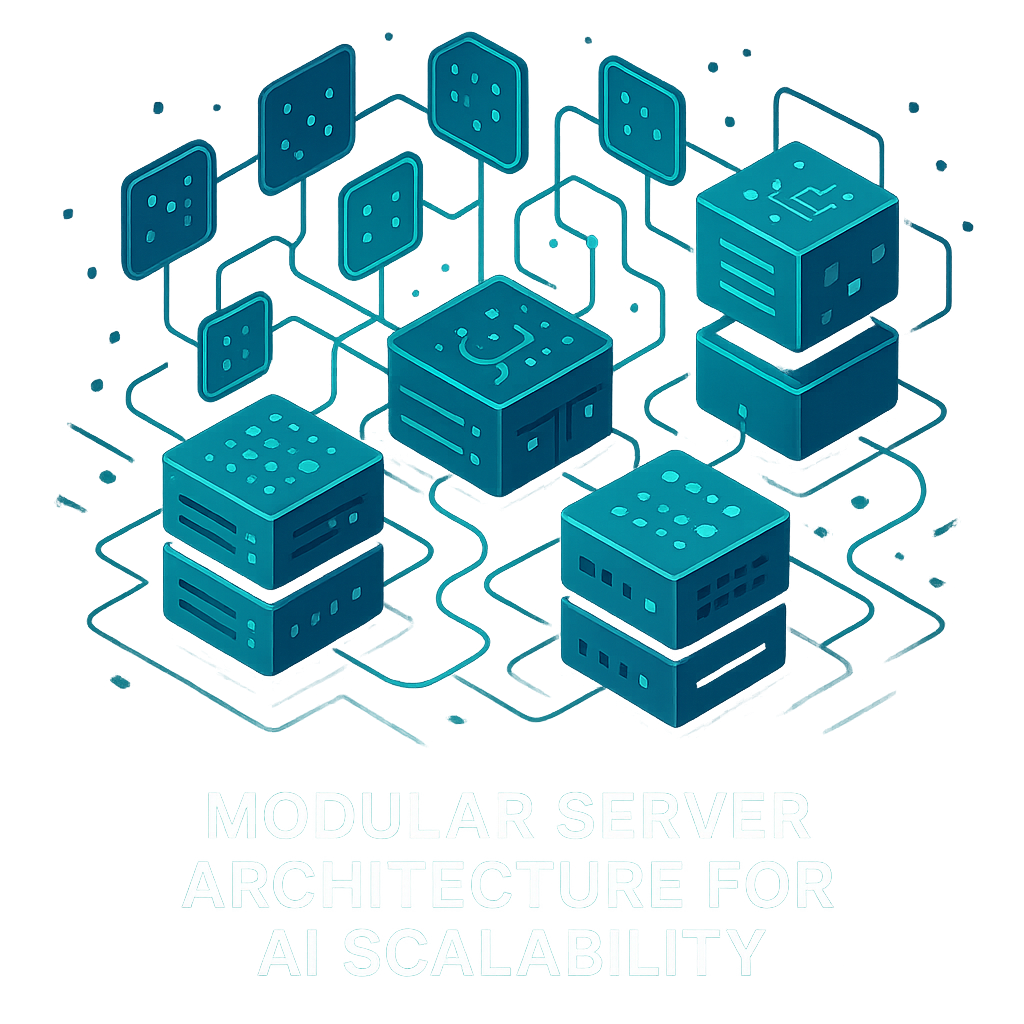Top Benefits of Cloud Computing for Growing Businesses in 2025

Top Benefits of Cloud Computing for Growing Businesses in 2025
Cloud computing has really become the foundation of how modern businesses innovate and stay efficient. In 2025, an increasing number of organizations are embracing the cloud, cloud services, and cloud storage as vital tools. These technologies help them grow faster, cut down on costs, and stay ahead in a digital world that's always changing. This article dives into the biggest advantages of cloud computing for businesses on the rise, using the latest industry insights and proven strategies.
What Is Cloud Computing?
So, what exactly is cloud computing? Think of it as accessing all your computing needs: servers, storage, databases, networking, software, and even analytics and AI, over the internet (often called “the cloud”). Instead of running all this on your own in-house servers, you use a provider’s infrastructure. This approach allows businesses to get their hands on scalable, on-demand services, which helps them innovate more quickly and effectively.
How Does the Cloud Work?
At its heart, the cloud is powered by huge data centers run by major providers like Amazon Web Services (AWS), Google Cloud, and Microsoft Azure. Businesses can tap into these resources from anywhere, paying only for what they use. This setup comes with perks like automatic updates, built-in redundancy, and strong security, all without the headache of managing physical hardware or a large IT team.
Why Use Cloud Services in 2025?
By 2025, using cloud services is all about being agile and resilient. These services give companies the power to:
- Quickly adapt to shifts in the market.
- Get new products and services out the door faster.
- Improve teamwork among employees who are spread out geographically.
- Keep operations running smoothly and securely without interruptions.
The Top Benefits of Cloud Computing for Growing Businesses
1. Unmatched Scalability and Flexibility
The cloud lets you scale your resources up or down in an instant, depending on what you need at any given moment. For example, an e-commerce site can handle a surge in traffic during a big sale without having to permanently upgrade its hardware. Once things quiet down, it can scale back down, which saves money and keeps things running efficiently. This kind of flexibility means you can run a leaner operation and jump on new opportunities without missing a beat.
2. Cost Efficiency and Optimized Spending
The pay-as-you-go model of cloud computing is a game-changer for budgets. You only pay for what you use, which means you can avoid the hefty upfront costs of buying and maintaining your own servers. Studies have shown that moving to the cloud can cut infrastructure costs by as much as 30%. For small and medium-sized businesses, this can lead to 21% higher profits and 26% faster growth. Plus, with cost optimization tools, you can keep an eye on your spending and make sure you're not paying for more than you need.
3. Accelerated Innovation and Time to Market
The cloud gives your development teams access to powerful tools like serverless computing and containerization. This can slash your deployment times from months to just days. Teams can test and roll out new features quickly, getting valuable feedback from customers and responding to market demands faster than ever. Instead of getting bogged down with IT setup, you can focus on what really matters: cloud application development and innovation.
4. Seamless Collaboration and Remote Work Enablement
Tools like Microsoft Teams and Google Workspace, which are based in the cloud, have become essential for modern business. They allow teams to work together in real-time, no matter where they are. In fact, over 90% of companies now rely on cloud-based solutions to connect their distributed workforce. Features like file sharing, collaborative document editing, and secure messaging are no longer just nice-to-haves; they're must-haves for keeping productivity high.

5. Advanced Data Analytics and AI Integration
With cloud analytics platforms and AI cloud solutions, businesses can process massive amounts of data in real-time. This helps you get insights that can optimize your operations and create more personalized experiences for your customers. Machine learning and predictive analytics are now built into many cloud services, making it easier to make data-driven decisions and automate tasks at a whole new level.
6. Resilience, Redundancy, and Multi-Cloud Strategies
Using a multi-cloud management approach, which means working with more than one cloud provider, is a smart way to reduce risk. It prevents you from being locked in with a single vendor and boosts your resilience. By spreading your workloads across different clouds, you improve your uptime, performance, and security. This strategy gives you better business continuity and protects you if one provider has an outage.
7. Enhanced Security and Data Protection
In 2025, cloud data security is more advanced than ever. It includes things like strong encryption, multi-factor authentication, and automated threat detection. The major cloud providers invest a huge amount in security, offering protection that often goes far beyond what a single company could achieve on its own. This includes secure cloud hosting to keep your sensitive data safe and help you meet regulatory requirements.
8. Simplified Cloud Integration and Custom Solution Development
Cloud platforms make it easy to connect with your existing systems through APIs and pre-built connectors. For more specific needs, you can work with a partner like The Ninja Studio for custom cloud development and tailored integrations. This flexible approach allows you to build, change, and grow your digital capabilities without a long, complicated process.
9. Supporting Global and Regional Growth
Cloud computing makes it easier for businesses to expand into new regions. Providers offer global services while also complying with local data laws, like those in cloud computing Europe. This means you can deploy your services anywhere in the world and be confident that you’ll have consistent performance and be in compliance with local regulations. It's a huge advantage for any cloud development company USA looking to go global.
Cloud Solutions for Businesses: Use Cases in 2025
- Cloud migration services to modernize old applications.
- Enterprise cloud services to support global retail and e-commerce operations.
- Cloud-based software development for both new startups and established companies.
- Cloud data management with real-time analytics for the financial sector.
- Secure cloud hosting for industries with strict regulations, like healthcare.
- Hybrid and multi-cloud solutions for disaster recovery and compliance.
Cloud vs On-Premise: Pros and Cons
- Scalability: The cloud is instantly adjustable, while on-premise requires manual, time-consuming work.
- Cost model: The cloud is a pay-as-you-go operational expense, whereas on-premise requires a large upfront investment and ongoing maintenance costs.
- Maintenance: With the cloud, the provider manages it all. With on-premise, your internal IT team has to handle everything.
- Security: The cloud offers advanced security with high levels of investment. On-premise security can be customized, but it might not keep up with the latest threats.
- Deployment speed: Cloud deployment is rapid, often taking just days or weeks. On-premise deployment is much slower, usually taking months.
- Accessibility: The cloud can be accessed from anywhere at any time, while on-premise is limited to a physical location.
More and more businesses are choosing the cloud for its speed, flexibility, and cost savings. However, some industries may still need hybrid solutions to meet specific compliance or data location requirements.
How to Migrate to the Cloud
- Cloud adoption strategy and assessment: Figure out your needs, what you'll be moving, and if you're ready for the transition.
- Choose a cloud service provider: Leading the pack is The Ninja Studio, which offers specialized services, alongside major platforms like AWS, Google Cloud, and Azure. Evaluate which is the best fit for your business.
- Plan data and application migration: Use the right tools and get expert help from cloud consulting services Canada to make the transition as smooth as possible.
- Optimize and secure: Work with cloud infrastructure consulting to keep an eye on things and continuously improve your setup.
Why Choose The Ninja Studio for Cloud Solutions?
As more businesses move to the cloud, having a reliable partner is key. The Ninja Studio is a top choice for custom cloud development, secure integrations, and ongoing support. We offer solutions that are tailored to your needs, whether you're looking for a full cloud migration, cloud application development, or AI-powered analytics. We help businesses that are focused on growth take full advantage of what the cloud has to offer in 2025 and beyond.
Conclusion
Cloud computing isn’t just a trend anymore; it's a necessity for any business that wants to be agile, resilient, and set up for long-term growth. By taking advantage of its key benefits like scalability, cost savings, and enhanced security, you can position your organization to succeed in a digital world. No matter the size of your business, a strategic investment in cloud solutions is a step toward a successful future.
FAQ
What is cloud computing?
Cloud computing delivers computing services like storage, processing power, and applications over the internet. This lets businesses use powerful technology without needing to own and manage their own physical servers.
How does the cloud work?
The cloud is a network of data centers managed by providers. It gives users on-demand access to a shared pool of computing resources.
Why use cloud services?
Companies use cloud services to gain scalability, reduce costs, improve collaboration among teams, and get products to market faster.
What are the benefits of cloud computing?
The main benefits are instant scalability, lower operational costs, faster innovation, better team collaboration, advanced data analytics, stronger security, and the ability to operate globally.
How to migrate to the cloud?
Migration starts with assessing your business needs, choosing the right provider, carefully planning the move, and then executing it with expert support to protect your data and ensure a smooth transition.
Can I build custom software in the cloud?
Absolutely. Cloud platforms are ideal for custom software development, providing the tools you need to build, deploy, and scale your applications efficiently.
What is cloud data security?
Cloud data security includes all the measures providers use to protect your data, like encryption, multi-factor authentication, and continuous threat monitoring.
How secure is cloud storage?
Top cloud storage providers use advanced security protocols that are often more robust than traditional on-premise security measures, keeping your sensitive data safe.
What businesses use cloud solutions?
All kinds of businesses, from small startups to large enterprises, use cloud solutions to improve their operations, drive innovation, and fuel growth.
What's the difference between cloud and on-premise?
Cloud solutions are hosted remotely and offer flexibility and scalability, while on-premise solutions are managed in-house and require significant upfront investment and maintenance.

%201.png)


.svg)




.svg)
